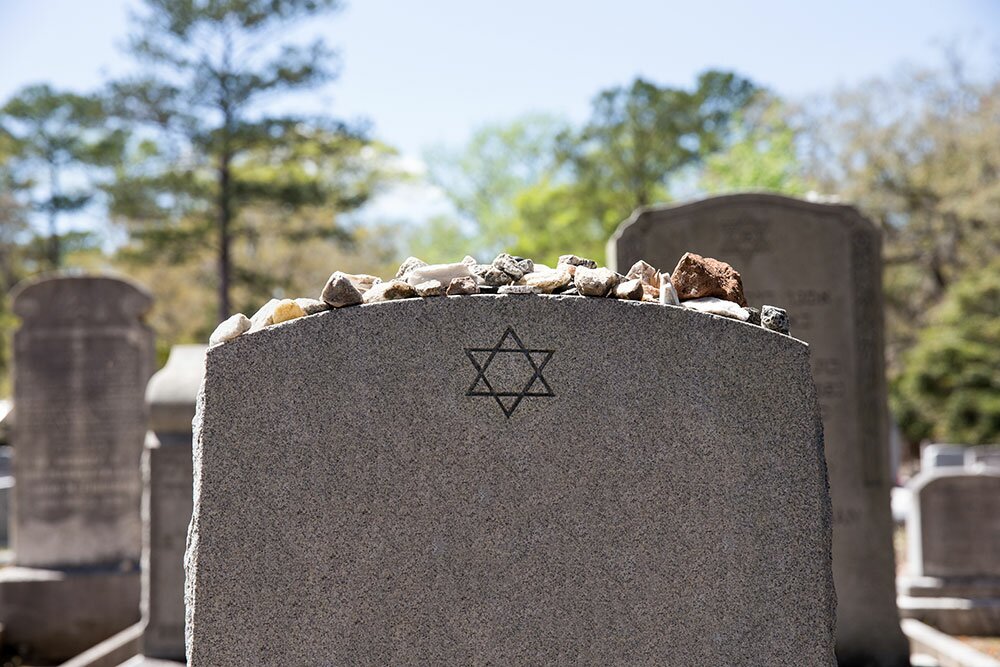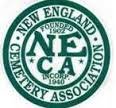Common Jewish Funeral Traditions
The Jewish funeral ceremony is grounded in millennia of tradition and adheres firmly to a set of practices per the principles of the Torah. Some Reformed Jews have made changes to certain customary Jewish funeral traditions, while the Conservative and Orthodox Jewish communities continue to place a strong emphasis on them. When Jewish families need funeral and burial services, they should approach a funeral home that can customize services for them.
Facts about Jewish Funeral Traditions
If you are attending someone's Jewish funeral, it's essential to know what traditions mean. Here is some information from the experts at Willowbrook Cemetery:
- Traditional Jewish burial customs include shredding a garment ( keryah) or cutting ceremonial black ribbons that the mourners afterward wear. This may occur just before the funeral ceremony in a small chamber with the officiating Rabbi. As an outward gesture of mourning and acknowledgment of death, shredding clothing is a familiar ritual. A benediction, or prayer of thanks to God, is also often said at this time.
- Jewish funeral traditions dictate that the ceremony be held at funeral homes or the gravesite, with the odd ceremony conducted in a synagogue.
- The funeral would be short and straightforward, serving to pay respects to the deceased and provide mourners with an opportunity to express their sympathy to the family.
- Readings, eulogies, and prayers may all be a part of a Jewish burial ceremony.
- Flowers are often not offered at Jewish funerals. An alternative would be to make a gift in the person's name to a Jewish charity or other groups they were active with in life. The family would appreciate a kosher food present, which is acceptable.
- Even though there are many variants of the Jewish funeral service, most Conservative and Orthodox Jews are buried in a plain wooden casket in a natural burial location in a Jewish cemetery.
- The Chevra Kadisha, a group of specialized caretakers, will give them a ceremonial bath and wrap them in a tachrachim, or burial shroud. From the moment of washing until the time of burial, the caretakers will help the family.
For more information about Jewish funeral traditions, contact Willowbrook Cemetery. We can help you pick the ideal final resting place for the departed soul at our serene cemetery.





Comments